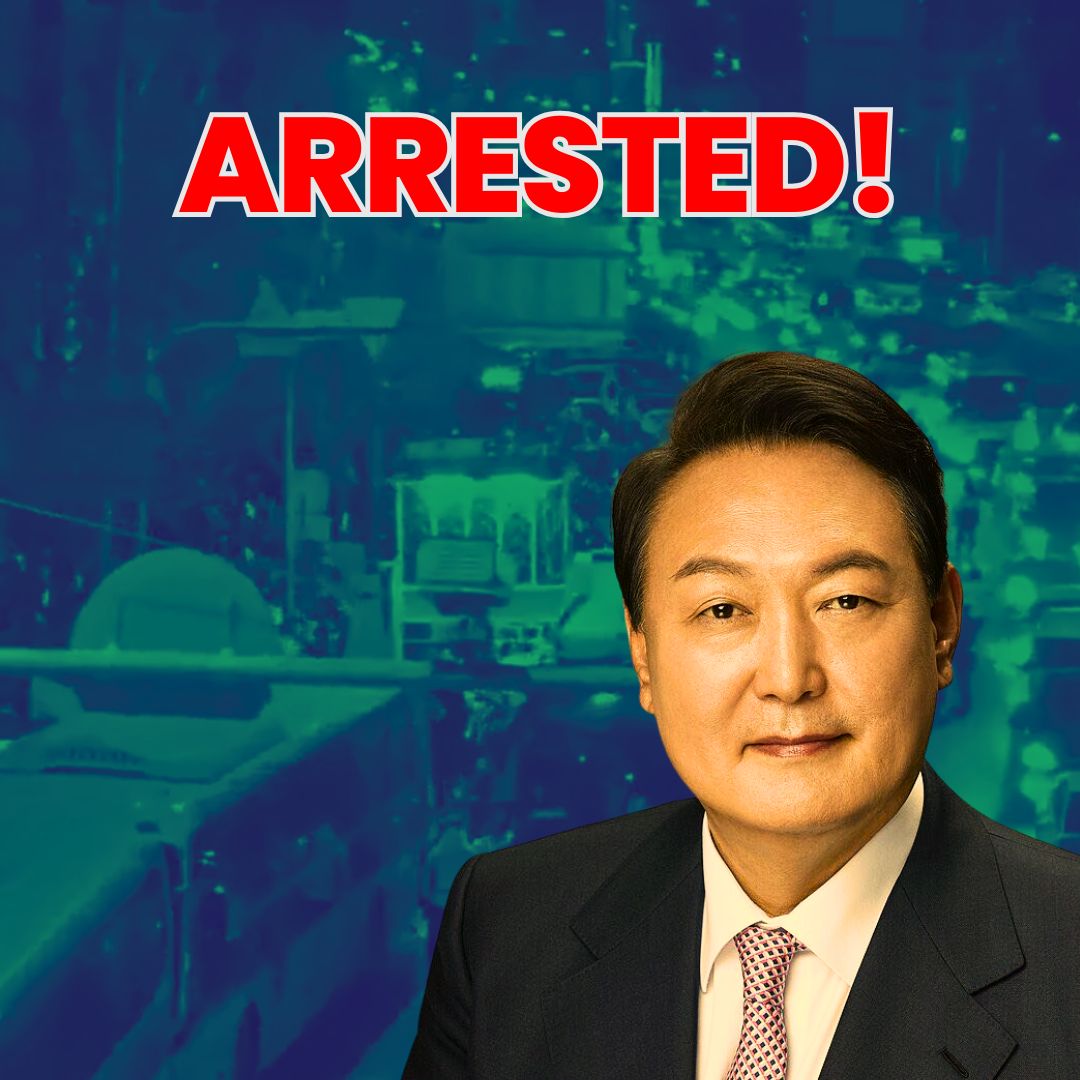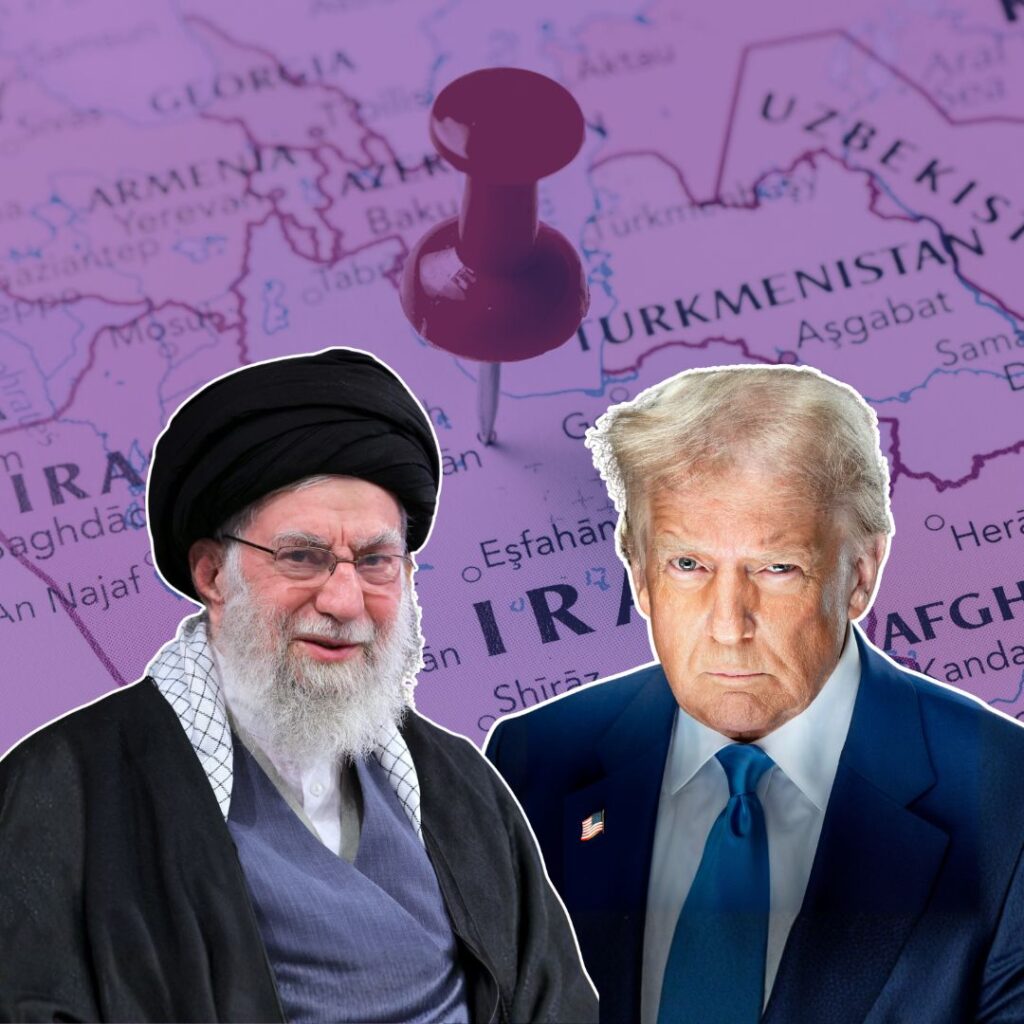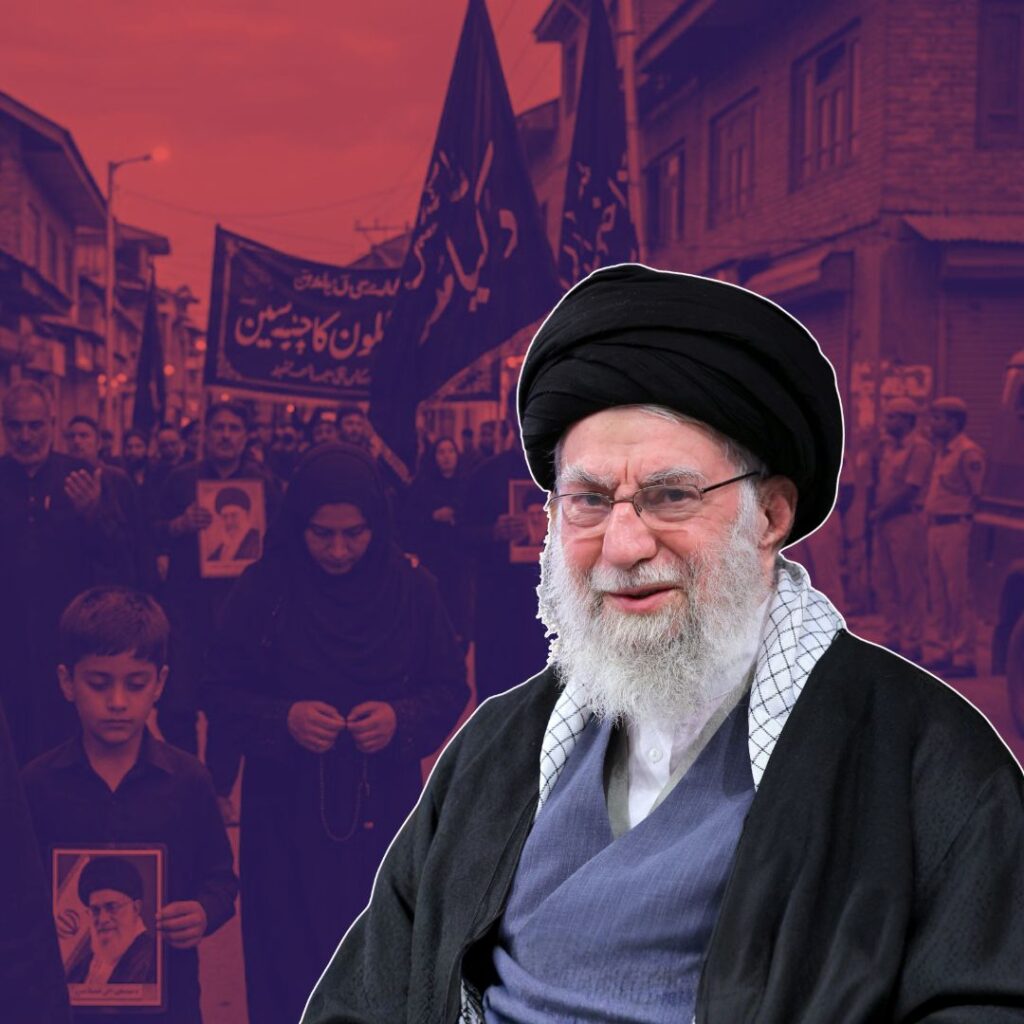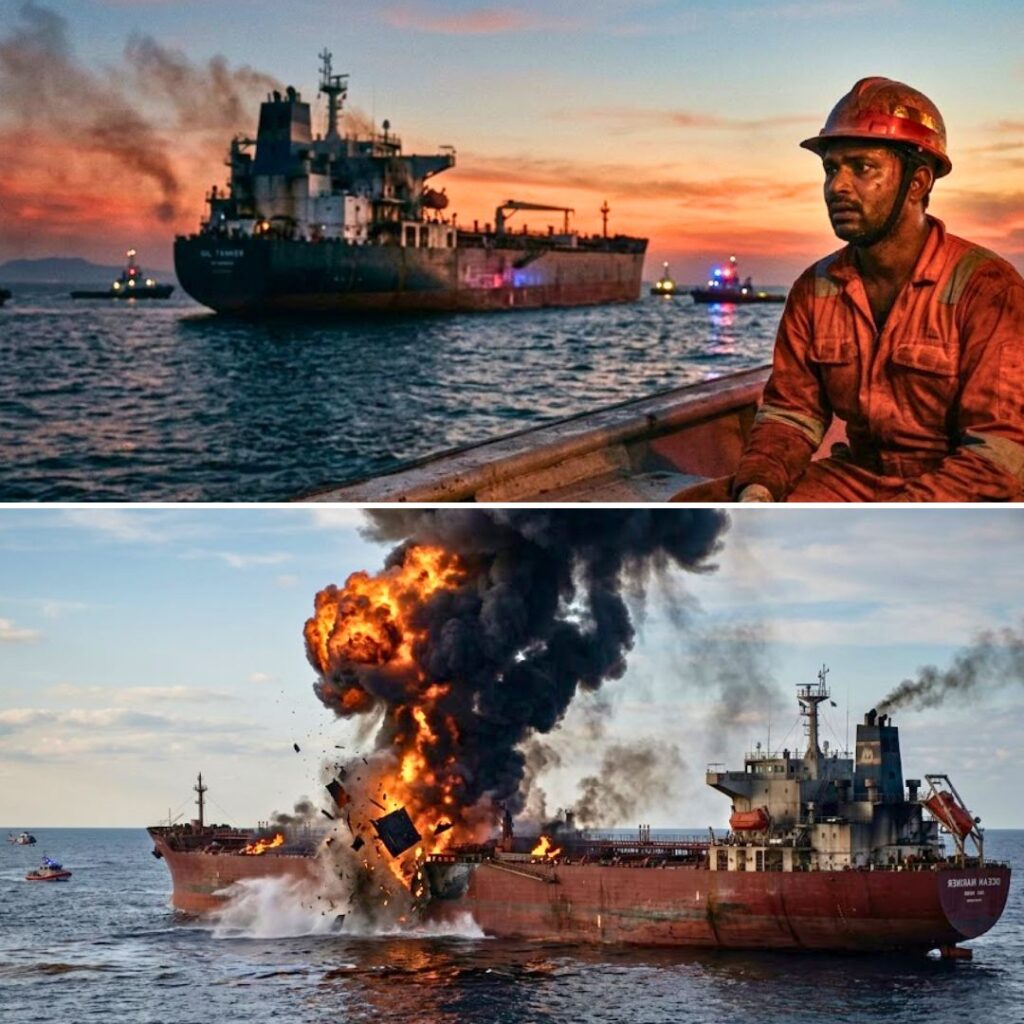South Korea’s impeached President Yoon Suk Yeol was arrested on January 15, 2025, by the Corruption Investigation Office after a prolonged standoff. This marks a historic event as he is the first sitting president in South Korea to face arrest. Yoon is charged with insurrection due to his controversial declaration of martial law on December 3, 2024. His legal team has claimed that the attempts to detain him are illegal and a means of public humiliation, while Yoon himself stated he complied with questioning to prevent violence.
Historic Arrest of a Leader
On January 15, 2025, Yoon Suk Yeol was apprehended after law enforcement officials executed an arrest warrant at his residence in Seoul. This marked the culmination of a tense standoff that began when Yoon declared martial law on December 3, which was retracted within hours due to overwhelming legislative opposition. Over 1,000 officers participated in the operation, significantly more than during a failed attempt on January 3 when security personnel blocked investigators from accessing his home. “When I saw them break into the security area using firefighting equipment today, I decided to respond to the CIO’s investigation – despite it being an illegal investigation – to prevent unsavoury bloodshed,” Yoon stated in his defense.
Background of Political Turmoil
The events leading to Yoon’s impeachment and subsequent arrest began with his dramatic late-night address on December 3, where he accused opposition lawmakers of colluding with North Korea and declared martial law. This unprecedented move prompted immediate backlash from lawmakers and citizens alike, resulting in a swift impeachment process initiated by the National Assembly on December 14. Yoon’s legal team argues that the arrest attempts are illegal and aimed at publicly humiliating him, asserting that he had agreed to questioning to avoid violence rather than due to any legal obligation.As South Korea grapples with this political crisis, the implications of Yoon’s actions have raised concerns about democracy and governance in the nation. The Constitutional Court is currently deliberating whether to uphold his impeachment or restore his presidential powers.
The Logical Indian’s Perspective
The arrest of President Yoon underscores the critical need for accountability and adherence to democratic principles in governance. This unprecedented situation serves as a stark reminder that leadership must be exercised responsibly and within legal boundaries.
As citizens of a vibrant democracy, we must engage in dialogue that promotes understanding and cooperation among differing political views. How can we ensure our leaders remain accountable while fostering an environment conducive to constructive discourse? Your thoughts are welcome as we navigate this pivotal moment in our political landscape.
🚨BREAKING: SOUTH KOREA PRESIDENT YOON FINALLY ARRESTED AFTER HOURS LONG STANDOFF AND MULTIPLE ATTEMPTS AT THIS. pic.twitter.com/KlEWdutFIk
— Chaos Alerts (@ChaosAlertsOnX) January 15, 2025











